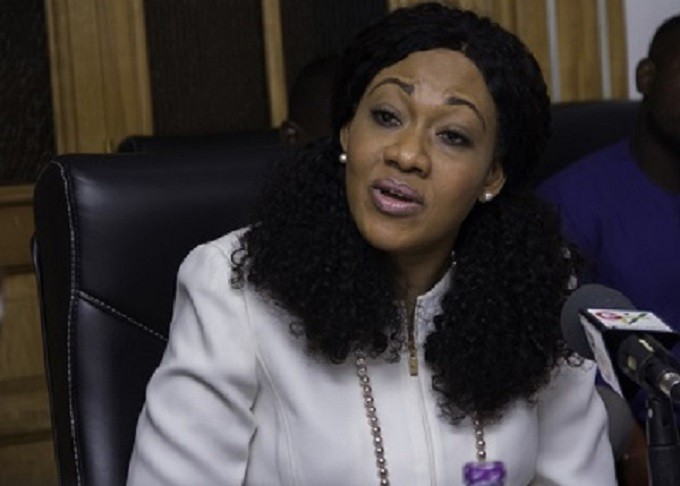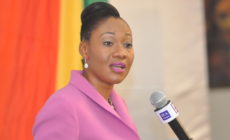New voters register to save country over GH¢173m – EC
- Posted on
- Comment

Procuring a new biometric voter management system (BVMS) and compiling a new voters register will save the country GH¢173.07 million, compared to upgrading the current system, the Electoral Commission (EC) has stated.
Whereas it will cost the commission $19 million (approximately GH¢107.25 million) to refurbish the existing data centre, putting up a new data centre with its maintenance will cost it $7 million (about GH¢39.51 million).
Throwing more light on the cost benefit of going for a new bvms and register at a media encounter last Thursday, the IT consultant to the EC, Dr Yaw Ofori-Adjei, said the cost of maintaining the old biometric system was $74.36 million, while that of acquiring a new BVMS was $56 million.
“This includes biometric voters registration (BVR) kits and biometric verification devices (BVDs),” he explained.
Dr Ofori-Adjei said the EC would have to spend $38.69 million (GH¢218.40) if it were to use the existing BVR system for the 2020 elections, saying that would include the cost of refurbishment of some of the BVR kits used in 2016 and the acquisition of new ones.
He explained that out of the 5,500 kits used in the 2016 registration, the EC refurbished 1,500 at a unit cost of $3,500, bringing the total cost of refurbishment to $5.25 million.
He said the EC would require an additional 6,500 kits at a unit cost of $5,145.
That, he said, would put the cost of the additional kits at $33.44 million.
New system
The IT consultant further explained that if the EC procured all the 8,000 BVR kits it needed for the new system for the 2020 elections, at a unit cost of $3,000, the total cost would be $24 million, compared to $33.44 million if it worked with the old system and equipment.
Dr Adjei said the EC also intended to acquire 80,000 BVDs at a unit cost of $400, making $32 million, compared to the $35.67 million it would spend if it were to refurbish the old ones and purchase additional BVDs from the previous vendor.
He said the commission opted against the proposal of the previous vendor to upgrade and refurbish the current data centre and its equipment for a combined build and one-year maintenance cost of $19 million for completely new data centre equipment with current systems for a combined build and three-year maintenance cost of $7 million.
Old BVR system
To justify the decision of the EC to go for a new BVMS, Dr Adjei explained that none of the Information Technology (IT) staff at the EC was trained on the BVMS, making the commission completely reliant on the vendor for the management of the system.
Moreover, he said, the application server used for the online BVMS was limited by allowing only 200 concurrent connections, thereby hampering the online registration process of the EC, with its 260 district offices.
New system
Dr Adjei said the new server hardware would come with three to five years’ warranty and support coverage, adding that the new system had the latest technology and provided higher performance, with higher memory capacity than the old server would support.
Since announcing its decision to acquire a new BVMS and compile a new voters register, the EC has received the support of 13 political parties, led by the New Patriotic Party (NPP), while the Inter-Party Resistance Against the New Voters Register (IPRAN), which includes the National Democratic Congress (NDC), has kicked against the acquisition and the compilation.
Last Thursday, a coalition of civil society organisations (CSOs), in a statement, opposed the decision of the EC to compile a new voters register for the 2020 general election.
It said if there was the need for the collection of fresh data on citizens, “the more appropriate, most lawful and financially responsible and justified approach will be to let the National Identification Authority (NIA) collect and process the information”.
After that, it said, the NIA would then send the EC the subset of information it needed for the purpose of elections.
“The EC can then use that information to update its systems. This way, the nation moves forward and avoids the wasteful duplication of efforts at great expense,” a spokesperson for the coalition, Mr Kofi Bentil, said at a press conference in relation to the current brouhaha over the EC’s plan to have a new voters register compiled.
-Graphic










 (Selorm) |
(Selorm) |  (Nana Kwesi)
(Nana Kwesi)